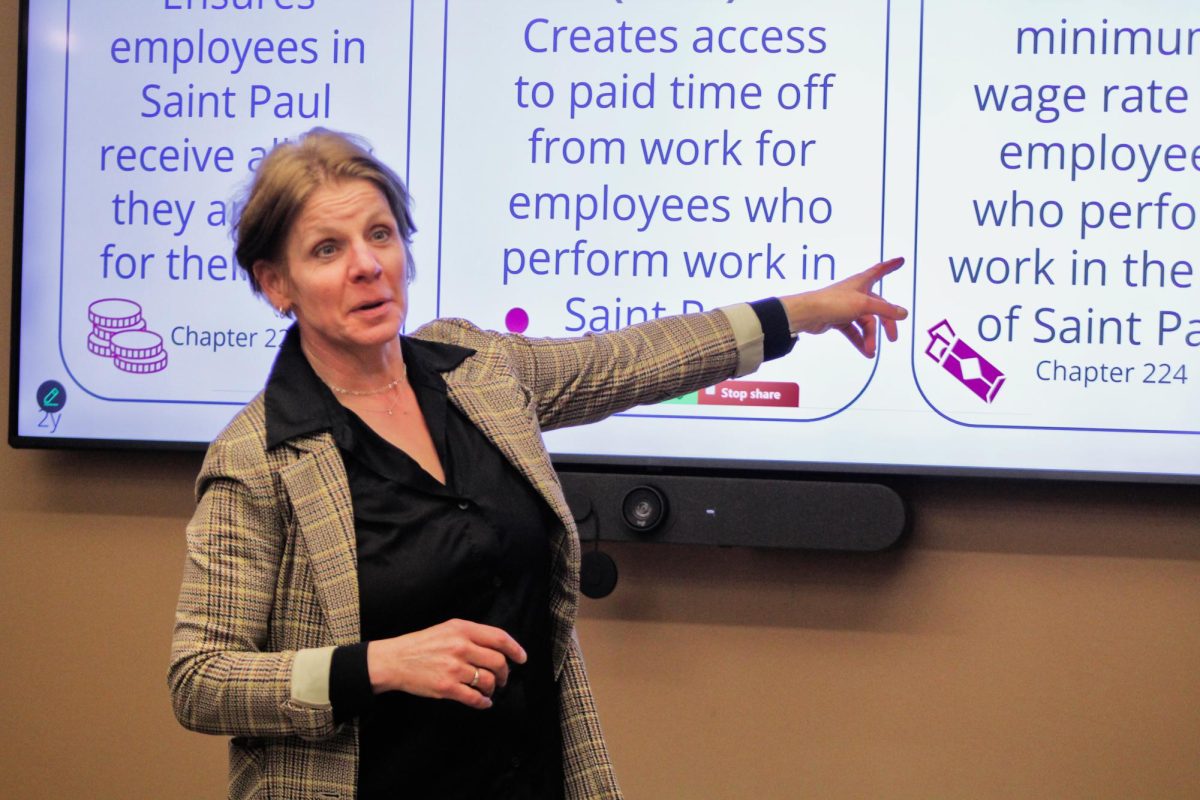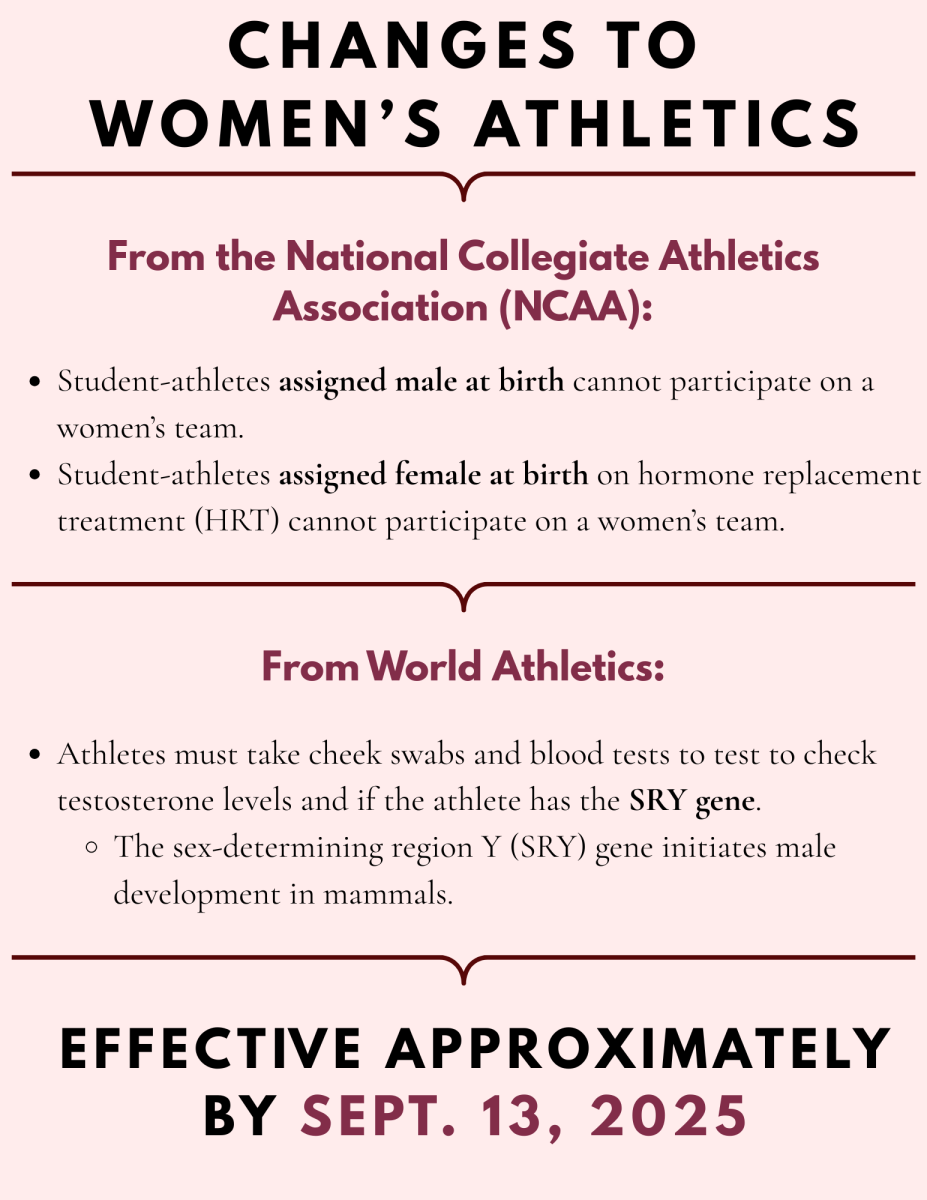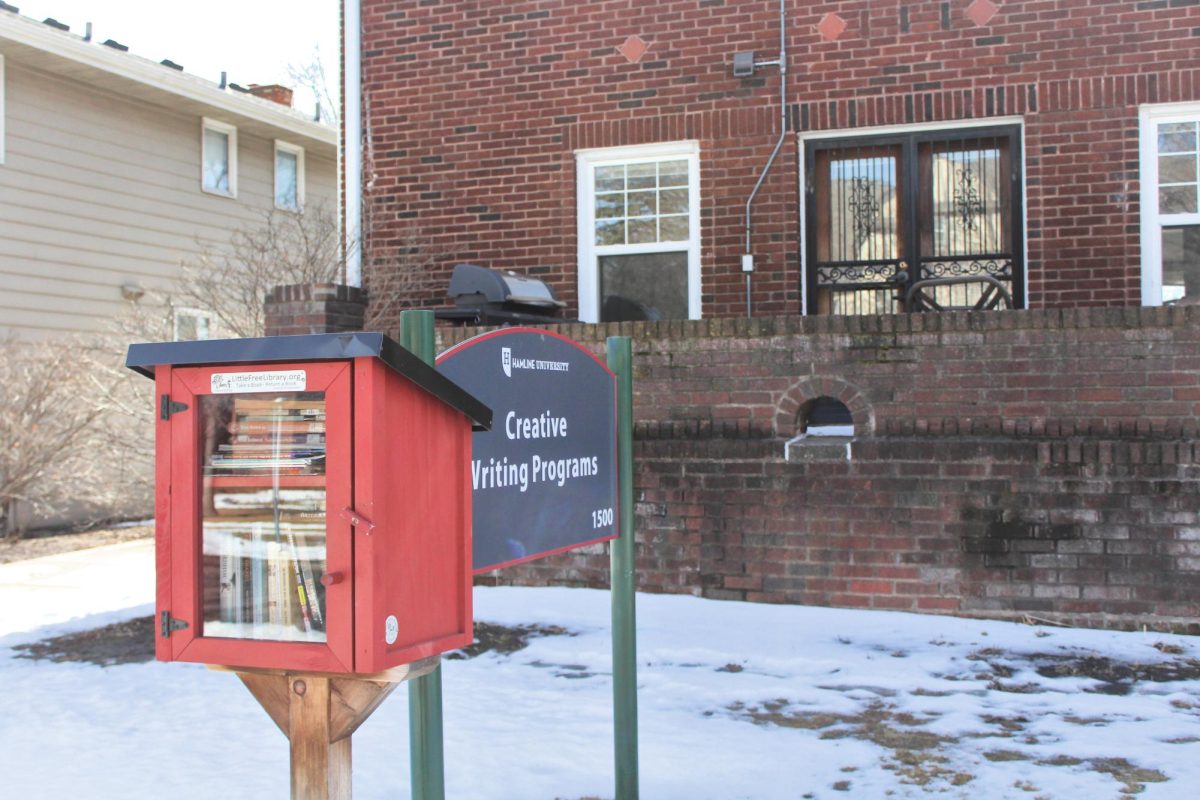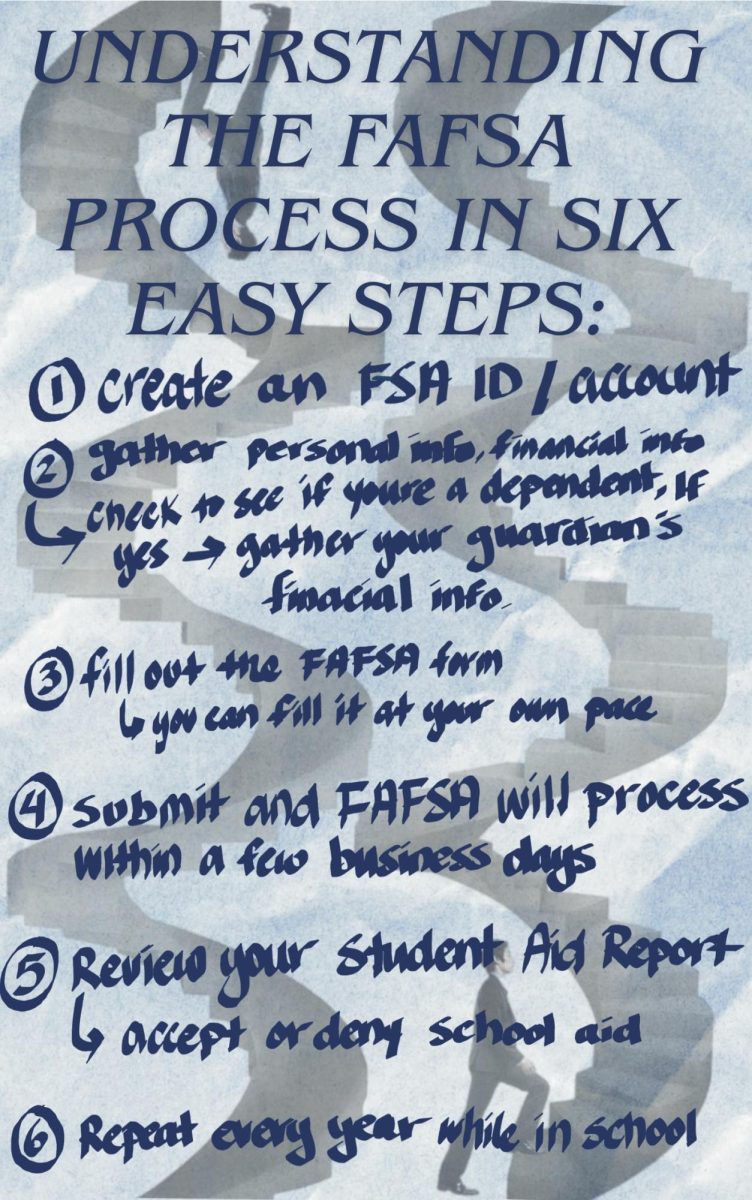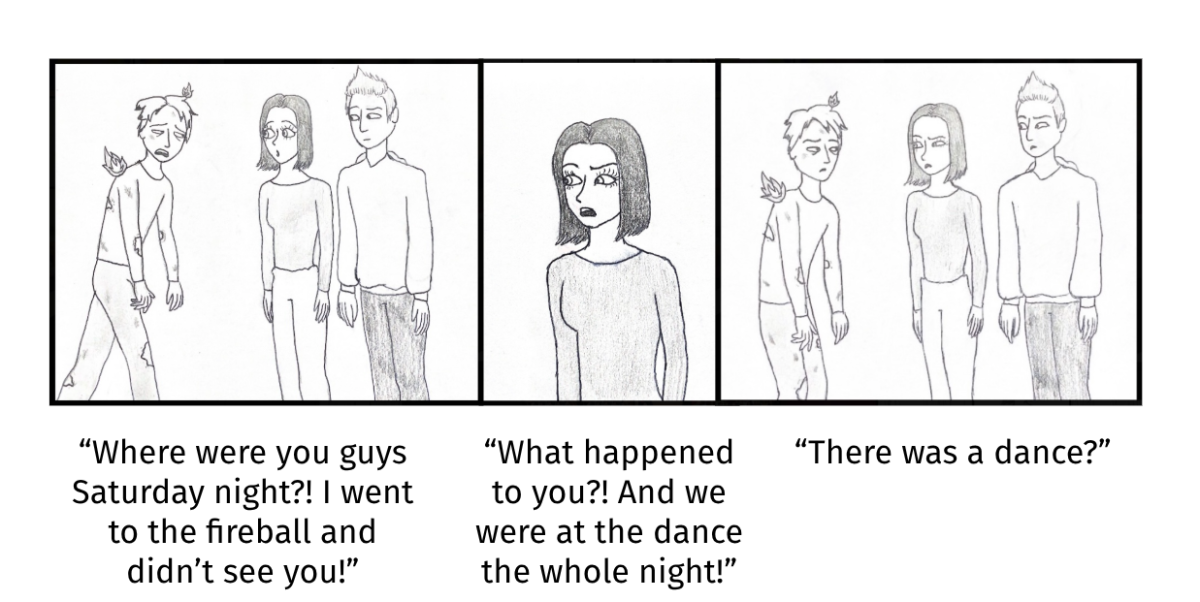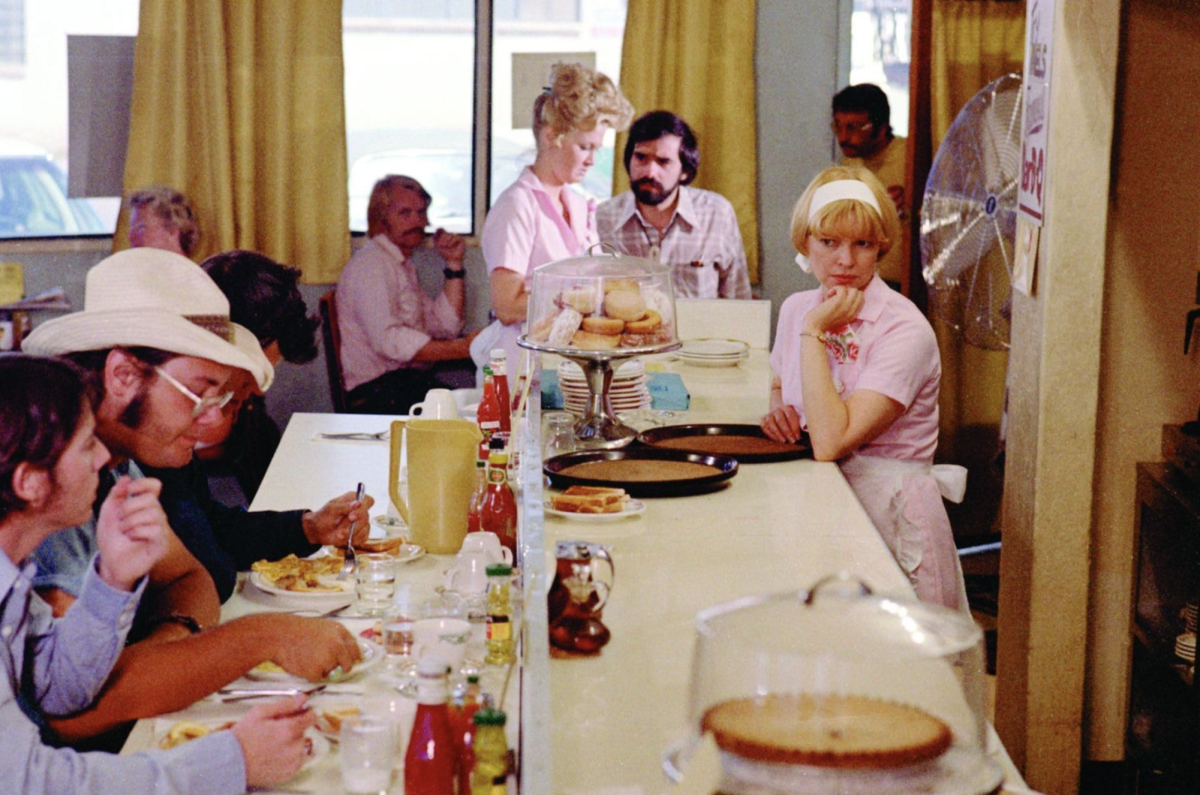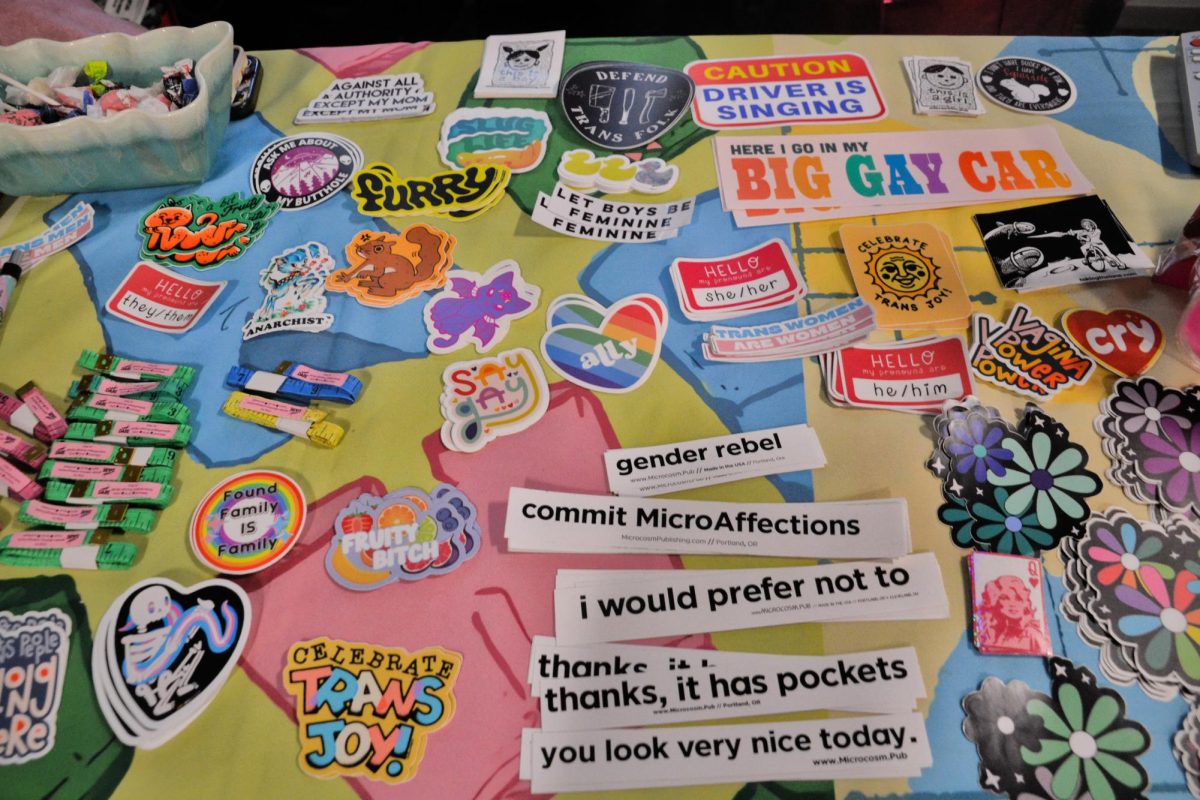CORRECTION: It was previously stated that the Hamline-Midway Coalition (HMC) partnered with the state-level Minnesota Department of Human Rights and Equal Opportunity, however, they partnered with the local-level St. Paul Department of Human Rights Equal Opportunity (HREEO).
Over the past several months, federal changes under the current administration have sparked questions regarding the next steps states will take. As such, the Hamline-Midway Coalition (HMC) partnered with St. Paul’s Department of Human Rights and Equal Economic Opportunity (HREEO) in an effort to provide essential legal information to constituents of Minnesota.
In many cases, federal rulings reign over state jurisdiction. However, with a plethora of federal changes, states are left to dictate what regulations are in place for several issues. The most recent dissolution of the Department of Education has left many educators and students reeling, suddenly unsure of their futures. HREEO and HMC sought to counteract this fear by hosting a “know your rights” event. The event provided attendees with a variety of essential information, including processes for reporting police officers involved in misconduct, wage theft and accessibility discrimination.
The HMC is one of 17 St. Paul nonprofits focused on key initiatives such as environmental crisis prevention, business planning and economic development. Justin Lewandowski, the Organizing Director of the HMC, pointed to renters’ rights as one of the initiatives that local voters in the Hamline-Midway care about.
“We’ve done a lot of work around not only protecting renters from eviction, but also working in initiatives that address the concerns around our unhoused neighbors,” Lewandowski said.
Financial advocacy dominated much of the presentation, and new minimum wage rates sparked further conversation about leading by example. Interim Director & Deputy Director of HREEO Beth Commers commended St. Paul for being ahead of the curve in providing a livable wage for its stakeholders.
“The city of St. Paul committed to pay the highest rate right out of the chute, so to speak, because the city said, ‘well, if we’re going to raise wages for the lowest paid workers, we’re going to lead with the example that we want to see others follow,’” Commers said.
HREEO’s role in the greater metropolitan area is far more than simply just providing information. HREOO also operates as a department within the governance of St. Paul, with several investigators and other staff members providing active help to those who are struggling. Lewandowski added that when someone is struggling with a legal issue, particularly involving accessibility and housing, it becomes increasingly difficult to find a place to turn to.
“In that environment, it’s very scary to advocate for yourself because the housing market is so tight in St. Paul alone, across the county. There’s a shortage of 15,000 units of deeply affordable housing, 11,000 of which are right here in the city. So with the affordability crisis, people just don’t want to rock the boat,” Lewandowski said.
Despite the wide variety of issues covered, the emphasis on community engagement and solidarity remained constant. Sierra Cumberland, a coordinator with HREEO, closed the meeting by reiterating the need for community during this monumental administrative shift and suspended moment in history.
“Now is the time to absolutely lean into local protections [and] to collaborate. Regardless of what may be happening at the federal level, there’s a lot we can do as St. Paul community members in working together,” Cumberland said. “There is great, great power in community coming together and raising voices.”


